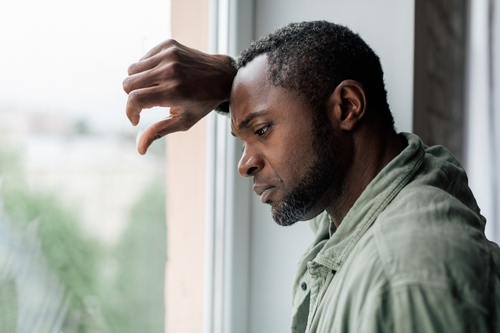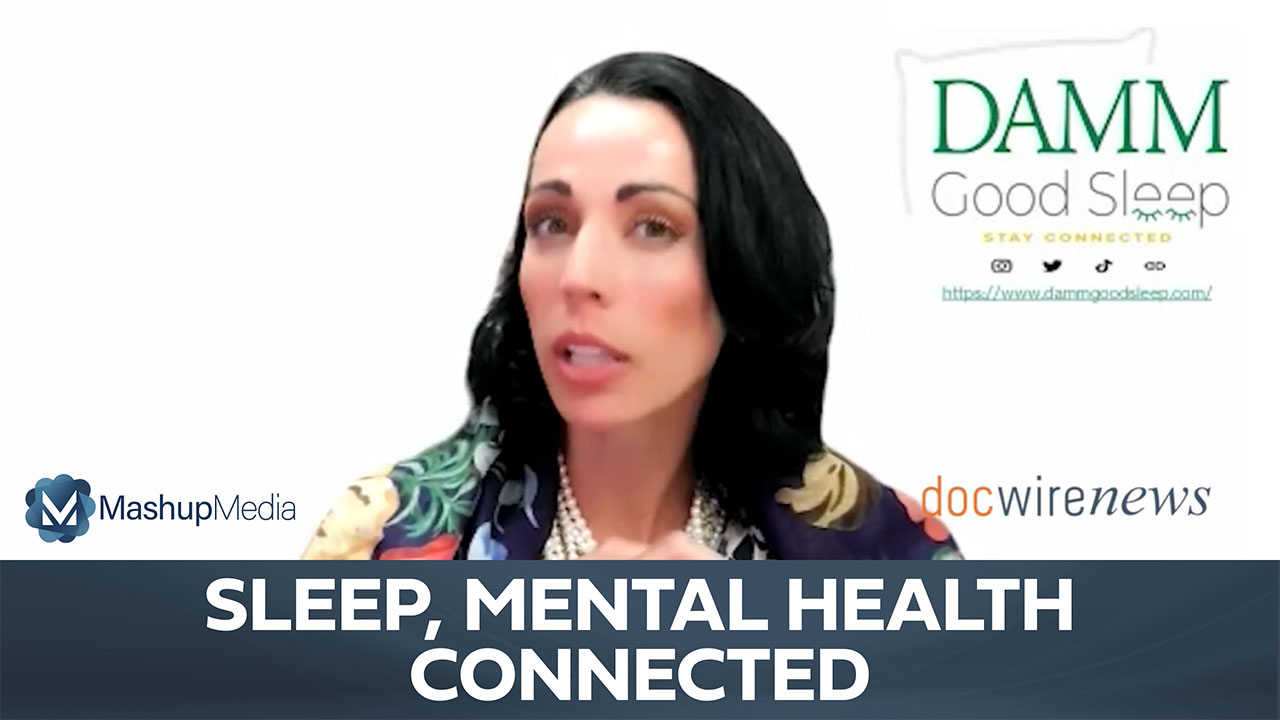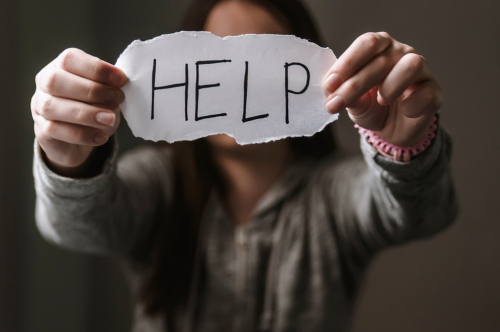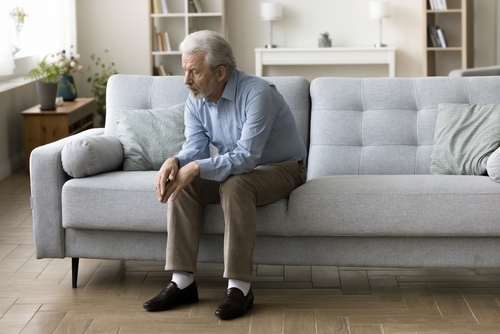
Exercising too often could have a negative effect on mental health, a cross-sectional study published online in The Lancet Psychiatry journal suggests.
The large study assessed 1.2 million people and found that over a one-month period, those who exercised had about 1.5 fewer days of poor mental health compared to people who didn’t exercise at all, regardless of the type of activity. Popular team sports, cycling, and aerobic/gym activities all showed the most positive results, and the best length of time to exercise was 45 minutes three to five times a week.
#Exercise linked to improved #mentalhealth, but more may not always be better—
results from study of 1.2 million people in the USA published in @TheLancetPsych https://t.co/jRE8PoheXB pic.twitter.com/TDZ37Pe2fU— The Lancet (@TheLancet) August 8, 2018
Too much or too little activity diminished these benefits, though. For those who exercised more or less than 30 to 90 minutes a day, three to five times a week, mental health benefits decreased.
More than an hour and a half of exercise each day still showed better benefits than those who did not work out at all, but exercising for more than three hours a day was worse than not exercising at all.
Does exercise reduce mental health burden, depression?
The largest cross-sectional study ever says yes. And quantified by time and type of exercise. https://t.co/wEJFCsMGO6 @TheLancetPsych @itschekkers @hmkyale @srchekroud @YaleMed and collaborators pic.twitter.com/QVY2SwmUc4— Eric Topol (@EricTopol) August 8, 2018
“Previously, people have believed that the more exercise you do, the better your mental health, but our study suggests that this is not the case. Doing exercise more than 23 times a month, or exercising for longer than 90 minute sessions is associated with worse mental health,” said Dr. Adam Chekroud, one of the study’s authors.
“Our finding that team sports are associated with the lowest mental health burden may indicate that social activities promote resilience and reduce depression by reducing social withdrawal and isolation, giving social sports an edge over other kinds.”
Source: The Lancet, The Independent







 © 2025 Mashup Media, LLC, a Formedics Property. All Rights Reserved.
© 2025 Mashup Media, LLC, a Formedics Property. All Rights Reserved.